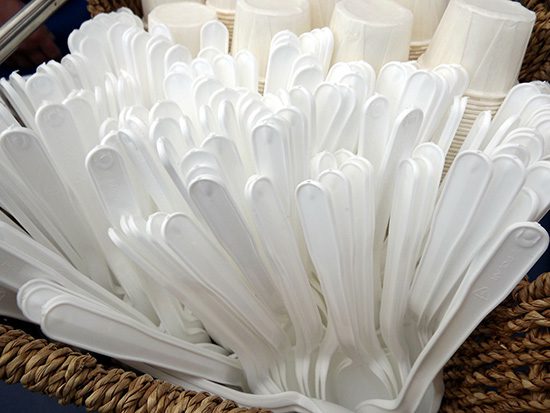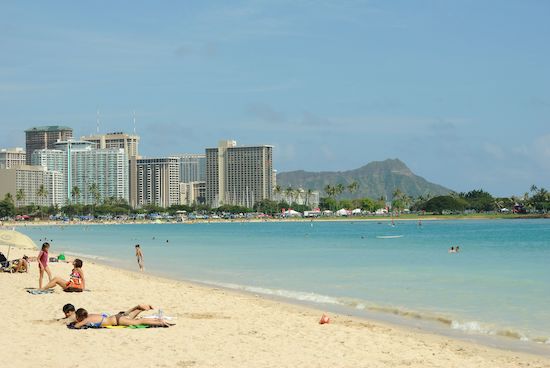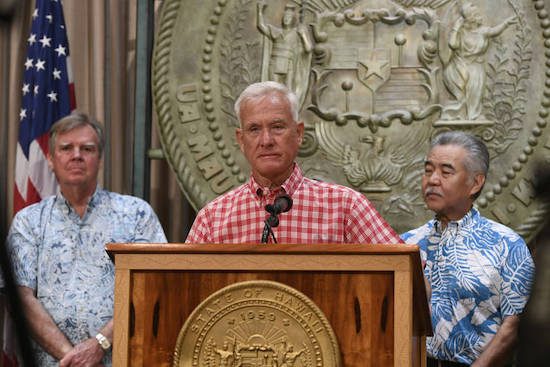
Welcome to Kai Fox and Sustainable Agriculture
Kai Fox is one of the newest faculty members at WCC and teaches sustainable agriculture at WCC. Before coming to WCC, Dr. Fox worked with a variety of educational, research and commercial groups, which demonstrates a breadth of knowledge in different kinds of agriculture, aquaculture and aquaponics.
For example, he worked as an operations manager at Kualoa Ranch overseeing small scale commercial vegetable production and pond-based aquaculture of Pacific white shrimp. He also taught local students as an instructor with Hawai‘i Institute of Marine Biology in Kāne‘ohe Bay and helped local farmers as an extension specialist with the UH College of Tropical Agriculture and Human Resources (CTAHR).
Dr. Fox grew up in Nuʻuanu and recounted how he spent his free time “outdoors hiking, fishing or in the ocean, which cemented a deep love and appreciation for our natural environment. From a young age, I was very interested in fish, which led me to studies and eventually a career in aquaculture, with an underlying hope to reduce wild harvest of food and ornamental fish.”
Dr. Fox described his vision for the new sustainable agriculture program as a “cross disciplinary ‘āina-based learning opportunities that include both modern emerging technological approaches to sustainable agriculture, as well as those that perpetuate Native Hawaiian cultural practices and traditions. The program will be geared towards students interested in gaining technical and hands-on experience and education, which will provide future opportunities for them to transition to four-year universities, careers in sustainable community food systems or sustainability in society at large.”
This vision works well with the strengths of WCC and connects with community organizations and initiatives. At WCC, the focus on sustainable agriculture aligns closely with ongoing sustainability initiatives on campus and across the state.
For example, local agricultural and cultural organizations in Koʻolaupoko are looking to partner with WCC to train the next generation of farmers for this area and to grow more food locally. Dr. Fox has worked with many of the community organizations in the area, including doing native plant restoration work at Hawai‘i Institute of Marine Biology with Hui Kū Maoli Ola, working on sustainable farming projects at Kākoʻo ʻŌiwi and serving on the governing board for Paepae O Heʻeia which oversees the restoration of the Heʻeia fishpond. Through these partnerships, the sustainable agriculture program at WCC can potentially be an important part of a coalition of community organizations that are working to rebuild functional and productive ahupuaʻa in Koʻolauloa and Koʻolaupoko.
In addition, the WCC sustainable agriculture program is working on campus to provide the ʻUala Leaf Cafe with lettuce and ʻuala or sweet potato leaves for its recipes. This kind of farm-to-table production provides a solid training for students interested in local agricultural production. The growing sustainable agriculture program can also form beneficial partnerships with other programs at WCC. For example, the Veterinary Technology programs and sustainable agriculture can partner around animal husbandry on campus and the Hawaiian Studies gardens, the nursing garden and the Agripharmatech program can each benefit from having a strong sustainable agriculture program on campus.
This semester, student Harvy King described how the AG 170: Introduction to Aquaponics students “built our own aquaponics systems, learned about water quality, fish anatomy and aquaculture chemistry. The semester-long aquaponics and hydroponics systems’ food production will be used for an Iron Chef competition where the students will get to show off their means of production and culinary skills.”
The sustainable agriculture program is an exciting addition to WCC whereby students can get hands-on, experiential learning in agricultural production. For those interested in learning more, Dr. Fox will be teaching AQUA 106/106L: Small Scale Aquaculture (and Lab) and AG 120: Plant Science next semester.
by Christian Palmer





